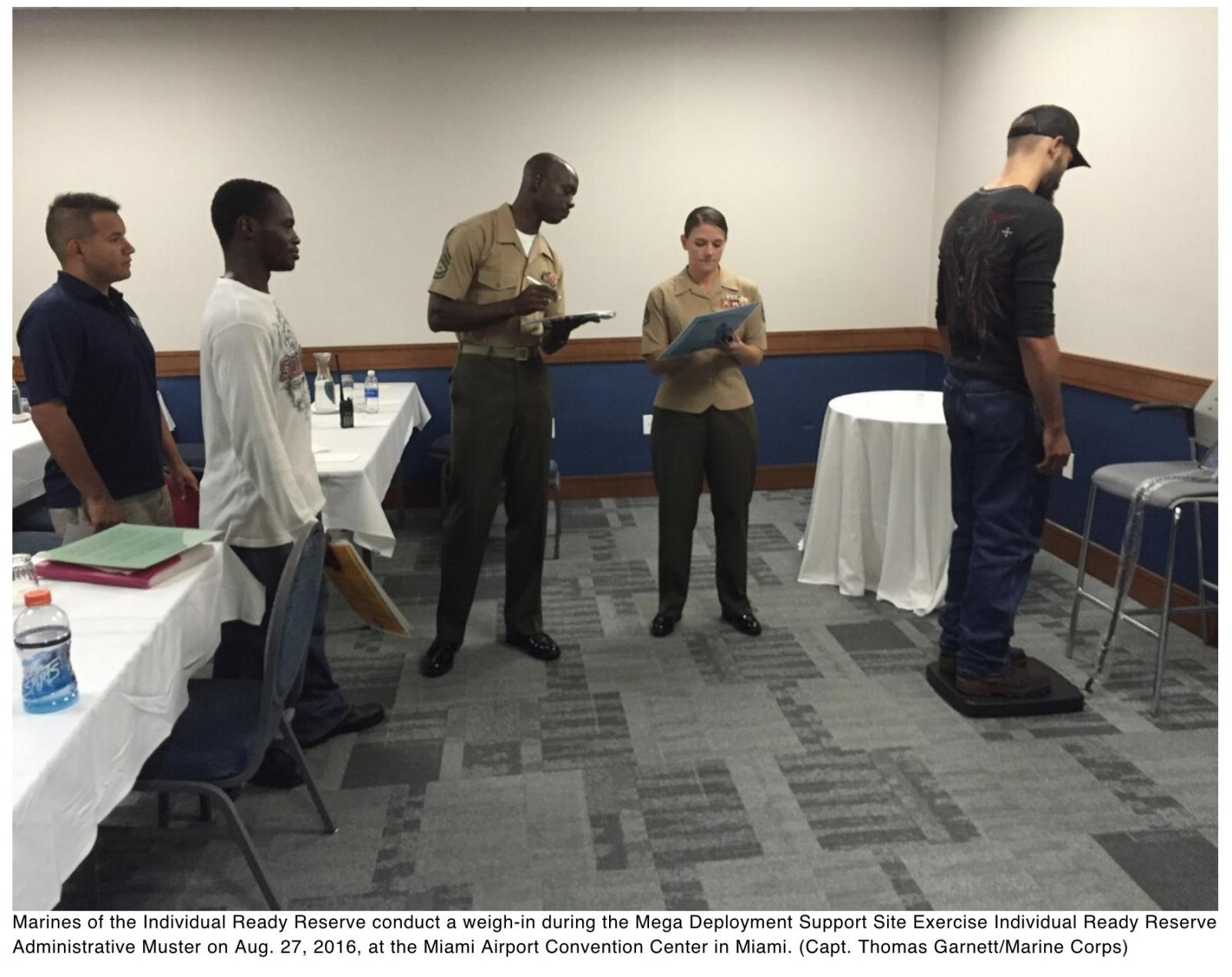
Recent events in the Middle East portend activation and deployment orders for thousands, if not a 100,000 service members by the end game. Individuals who have served in the National Guard or Reserves may do so believing their commitment will likely remain restricted to weekends or a few weeks a year. While activation and deployment orders are always possible, these soldiers, sailors, Marines, and airmen may not be prepared, especially those who serve in the IRR, to activate and deploy.
Reservists and members of the National Guard should certainly take note and, of course, have a plan in place, especially if they are not in a position to deploy because of work and/or family obligations. But Congress has also allowed for service members to request delay and exemption from orders, through the delay and exemption board. But you must meet the statutory and regulatory bases. And, like everything, timing is critical.
It is important for Reserve and Guard members to understand the timeframes in which they may request a delay or deferment in reporting, or an exemption from active duty, since untimely requests may not be processed and even timely requests can be severely truncated by not understanding the rules and regulations that govern delay and exemption boards. It is also important to have an understanding of the differences between the types of requests and how they may affect a Reserve or Guard member.
The process varies depending on the military department involved, although if denied, generally appeals are available. Having an experienced attorney from the get-go can be critical since members may not be aware of exactly what information they need to provide before a request is considered. Although the process begins with a phone call or a form which may seem simple enough to complete, it is important to know what information a board is looking for in order to provide the strongest application possible. If past conflicts have taught us anything, it is that National Guard members and reservists need to be prepared. Timing is critical. The bottom line is that before you call the number on your orders to the delay and exemption board, let alone submit the form that governs, consult the rules and regulations that apply — or, better yet — call a qualified legal counsel that can assist you in making the very best case for a delay and exemption of your activation and deployment.
David P. Sheldon, Esq., and Shannon James, Esq., regularly practice before military administrative boards, including delay and exemption boards. The firm is based in Washington, but has a worldwide practice, representing service members in every branch of the uniformed services.
Editor’s note: This is an Op-Ed and as such, the opinions expressed are those of the author. If you would like to respond, or have an editorial of your own you would like to submit, please contact Military Times managing editor Howard Altman, haltman@militarytimes.com.